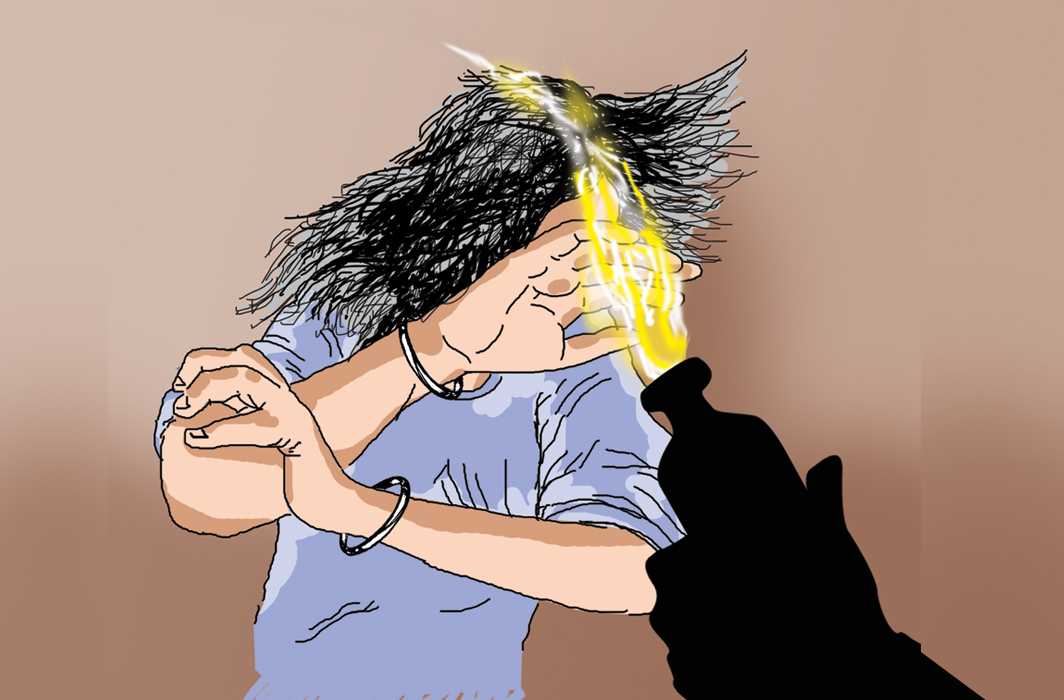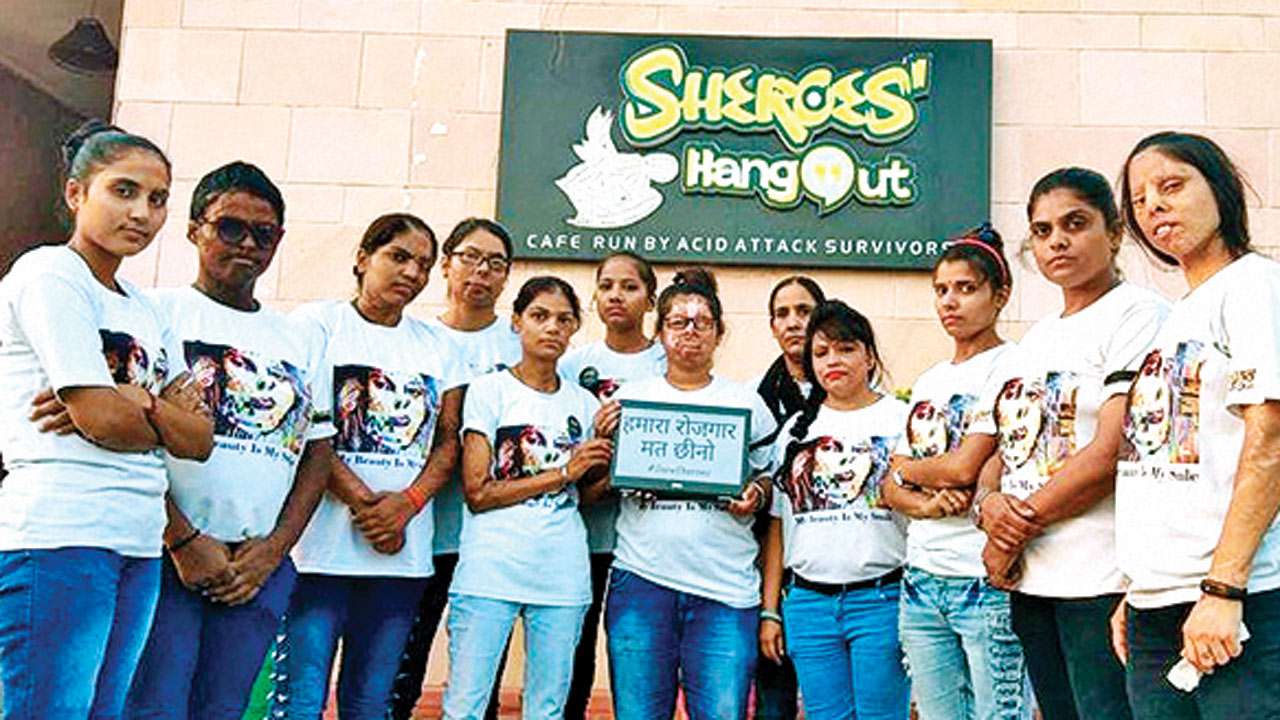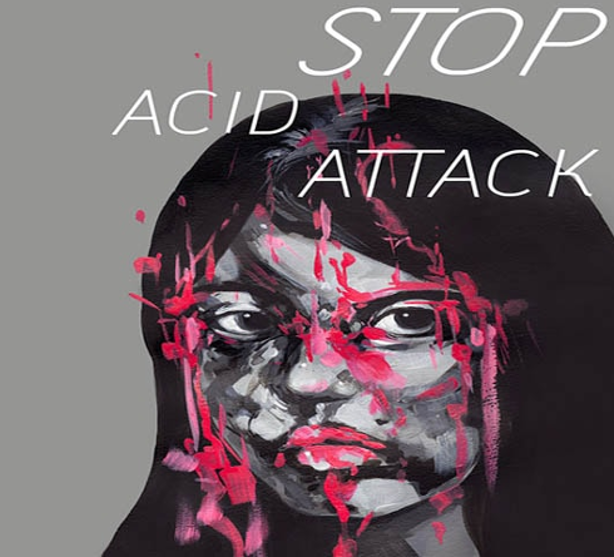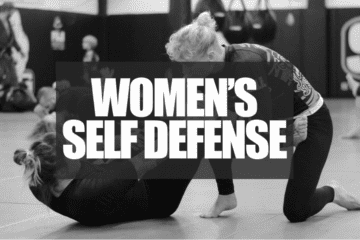

Acid attacks are one of the most brutal forms of violence that a person can experience. The physical and psychological damage that acid attack victims suffer can be devastating and can have long-term consequences that impact every aspect of their lives. Despite the severity of the problem, acid attacks are unfortunately still prevalent in many parts of the world, with thousands of cases reported every year. In this blog, we will discuss what acid attacks are, why they occur, and what helplines are available to support victims.
What are acid attacks?
Acid attacks involve the throwing or pouring of acid onto a person’s body. The acid can cause severe burns, disfigurement, and permanent scarring. In many cases, the victim may also suffer from vision loss, respiratory problems, and psychological trauma. The most common types of acid used in these attacks are sulfuric acid and hydrochloric acid, which can be easily obtained in many parts of the world.


Why do acid attacks occur?
Acid attacks are often carried out as a form of revenge, jealousy, or as a means of exerting power and control over a person. In many cases, the victim is targeted because of their gender, sexuality, or because they have rejected the advances of the perpetrator. Acid attacks are often premeditated, with the perpetrator planning the attack in advance and purchasing the acid from a local hardware store or chemical supplier.


Effects of Acid Attacks:
The physical effects of acid attacks can be severe and long-lasting. Victims may suffer from burns, blindness, scarring, and disfigurement. Acid attacks can also cause breathing difficulties and damage to internal organs. Victims may require multiple surgeries and medical treatments, and they may suffer from chronic pain and disability for the rest of their lives.
In addition to the physical effects, acid attacks can also have severe psychological effects on the victims. They may suffer from depression, anxiety, and post-traumatic stress disorder (PTSD). They may also face social isolation, stigma, and discrimination.
What can be done to prevent acid attacks?
- Stricter laws: Governments must implement stricter laws against acid attacks and ensure that the perpetrators are punished accordingly. Laws should also be put in place to regulate the sale and purchase of acid.
- Education and Awareness: Education and awareness campaigns should be conducted to educate people about the consequences of acid attacks and the importance of gender equality. Schools and colleges should also include lessons on gender-based violence in their curriculum.
- Access to Support: Victims of acid attacks should have access to medical, psychological, and legal support. Governments and NGOs should work together to ensure that the victims receive the necessary support and care.
- Safe Working Conditions: Employers should provide a safe working environment for their employees, especially women. This includes installing security cameras, providing self-defense training, and ensuring that the workplace is well-lit and secure.
- Responsible Media: Media outlets should refrain from sensationalizing acid attack incidents and instead focus on raising awareness about the issue. They should also refrain from publishing the names and identities of the victims and their families to protect their privacy.
- Empowerment of Women: Gender equality and empowerment of women are essential in preventing acid attacks. Governments should implement policies that promote gender equality, provide education and employment opportunities for women, and create safe spaces for women to express their concerns.
- Community Involvement: Community involvement is crucial in preventing acid attacks. Local leaders and organizations should work together to educate and raise awareness about the issue. Community members should be encouraged to report any suspicious behaviour or incidents of violence to the authorities.


Helplines for acid attack victims
If you or someone you know has been the victim of an acid attack, it is important to seek help as soon as possible. The following helplines can provide support and assistance to those who have been affected by acid attacks:

- Acid Survivors Trust International (ASTI)
- Acid Survivors Trust International (ASTI)
The ASTI is a UK-based charity that works to support victims of acid attacks around the world. They offer a helpline and online support for victims, as well as training and support for medical professionals and police officers.
Helpline: +44 (0) 208 299 0534


2. Stop Acid Attacks
Stop Acid Attacks is an Indian non-profit organization that works to raise awareness about acid attacks and support victims. They offer a helpline and counselling services, as well as legal and financial support for victims seeking justice.
Helpline: +91-98735-97375


3. Acid Survivors Foundation (ASF)
The ASF is a Bangladesh-based organisation that works to support acid attack survivors and raise awareness about the issue. They offer a helpline and counselling services, as well as rehabilitation and legal support for survivors.
Helpline: +880 1713067568


4. Sheroes Hangout
Sheroes Hangout is an Indian cafe run by acid attack survivors, offering a safe and supportive space for survivors to connect and heal. They offer a helpline and counselling services, as well as legal and financial support for survivors seeking justice.
Helpline: +91 98990 59000
Conclusion
In conclusion, acid attacks are a grave form of violence that can cause lifelong physical and emotional harm to the victims. Prevention measures such as stricter laws, education and awareness campaigns, access to support, safe working conditions, responsible media, empowerment of women, and community involvement are essential in preventing acid attacks. Victims of acid attacks should seek help and support from helplines and organizations like ASF, Stop Acid Attacks, ASTI, Sheroes Hangout, and the NCW. By working together, we can create a safer and more equal world for all.




